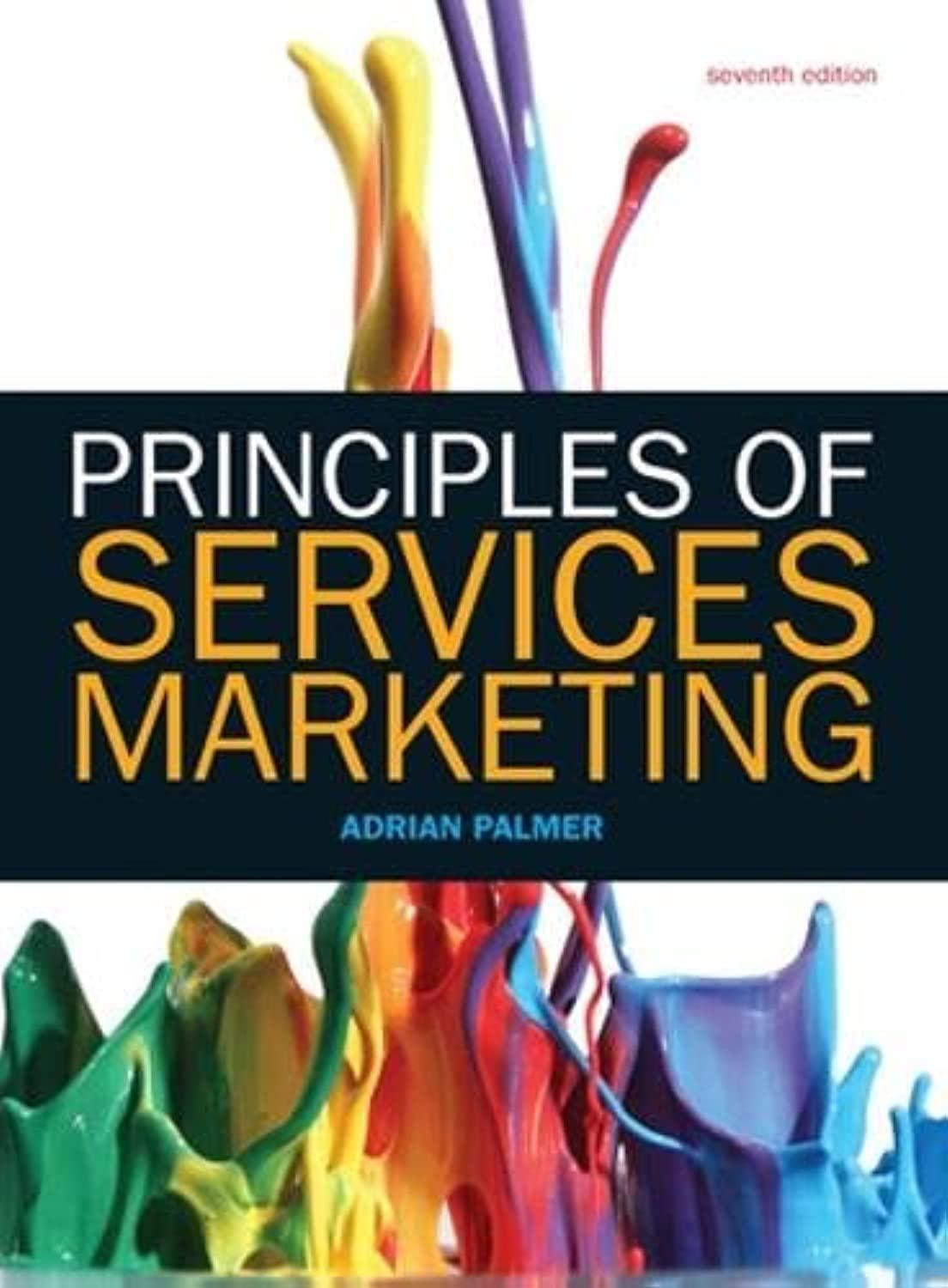Universities have engaged in distance learning for many years, but from around 2010 a potentially game-changing development
Question:
Universities have engaged in ‘distance learning’ for many years, but from around 2010 a potentially game-changing development appeared in universities’ business environment — ‘MOOCs’, or “Massive Open Online Courses’. Were they just another technological fad that appeared every now and again before disappearing, or could they be a disruptive technology that would change the face of universities and the way they deliver education for ever? For universities, should they join the ‘MOOC’ movement, or stand aside in the hope that the world would always prefer their more traditional approach to education?
In 2013, a report published by the Institute for Public Policy Research argued that the forces of technology and globalization that had transformed service delivery systems in the banking and finance sectors were now ready to challenge higher education (IPPR, 2013). The case was made that informationbased services could easily dispense with the need for premises from which the service was provided, with plenty of evidence of information-based services which had rapidly gone online, often making technological innovators the market leaders in their sector. Travel-related services typically don’t need any physical presence, which allowed new technology-based entrants such as Expedia and Travelocity to steal a march on their traditional shop-based rivals, many of whom went out of business or drastically scaled back their physical branches. Financial services, book retailing and gambling had all experienced a similar phenomenon — new technology brought low costs and high convenience to a mass market, leading physical outlets to reduce in number and to cater for smaller niches. One observer noted, ‘recent history shows us that the internet is a great destroyer of any traditional business that relies on the sale of information’ (Harden, 2013).
Would universities go the way of the book shop and travel agent? Pedagogically, numerous studies had suggested that classroom-based learning is not particularly effective for imparting knowledge and skills. Sitting in a class, taking notes in a room full of maybe over 100 other people, with little opportunity for interaction may not correspond to many people’s idea of effective ‘student-centred learning’. Having to be at a class at a specified time each week may not meet the busy lifestyles of students who juggle parttime jobs or family responsibilities between classes.......
Questions
1. Discuss the concepts of efficiency and effectiveness in the context of MOOCs.
2. Identify ways in which the principles of industrialization can be applied to higher education and summarize the strengths and weaknesses of this approach to higher education delivery.
3. Discuss the role and limitations of ‘co-creation of value’ in a MOOC.
Step by Step Answer:






